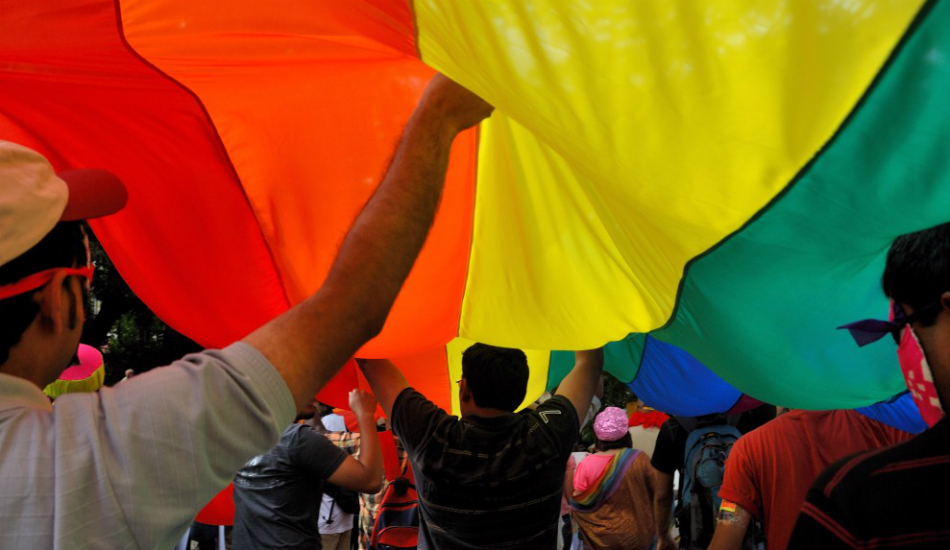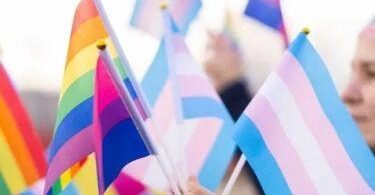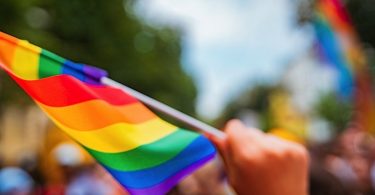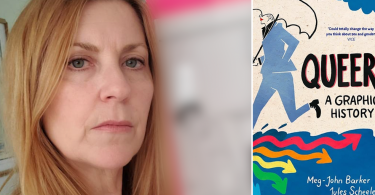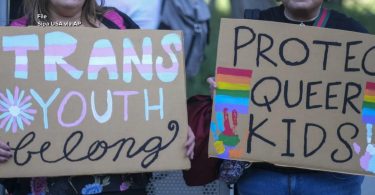Bengulu Pride 2009 | Photo: Vinayak Das via Flickr
After years of LGBTI discrimination caused by Section 377, India’s Supreme Court are ruling whether the infamous anti-gay law is unconstitutional.
With the prospect of gay sex being decriminalized, here’s everything you need to know about the law.
What is Section 377?
Dating back to 1861, Section 377 of India’s penal code was established under British rule. It prohibits ‘carnal intercourse against the order of nature with any man, woman or animal.’
Breaking of this code can lead to up to ten years in prison and leaving the person liable to a hefty fine. In worst cases, it is life imprisonment. While the law mainly discriminates against gay sex, the law can also be extended to oral sex too.
The journey to repeal
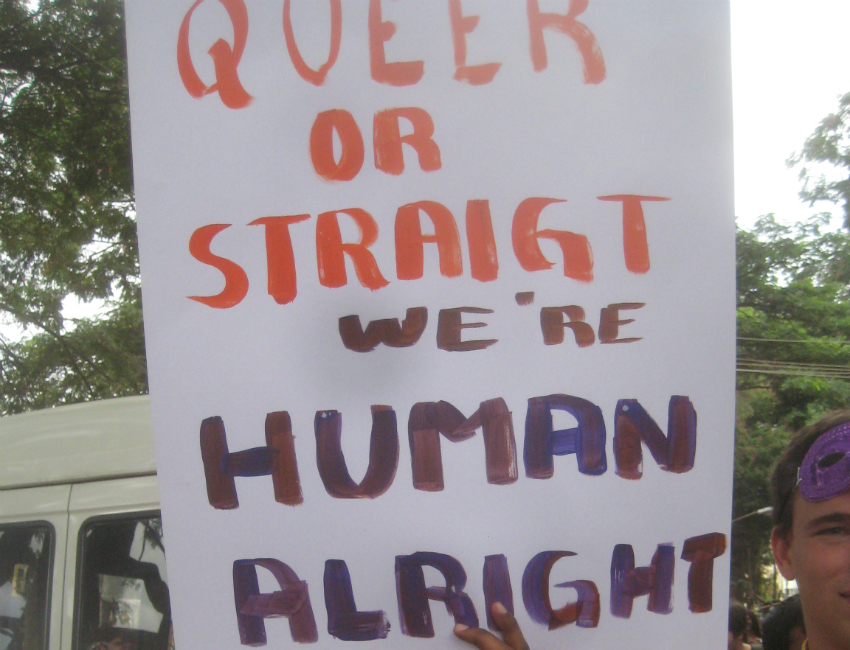
A protest sign at Bangalor Pride, 2009 | Photo: Nick Johnson, Flickr
In 2009, the movement against the colonial law gained momentum when the High Court of Delhi ruled that the code violated constitutional rights. However, after pressure from religious groups, two members of the Supreme Court of India in 2013 overturned the ruling. This paved the way for state-enforced discrimination against LGBTI people.
Yet the fight continued. Its validity came under further fire later in August 2017 as the court ruled that the ‘Right to Privacy is an integral part of Right to Life and Personal Liberty’, in accordance to India’s constitution. Though this was about identity cards, there was implications on the right of consenting LGBT adults to lead a private life.
Activists kept fighting and eventually, in early 2017, the Supreme Court agreed to consider petitions against Section 377. A five-member panel led by Chief Justice Dipak Misra in July 2018 was then set up.
This time, activists were not alone. Further support for Section 377’s repeal came as the National Consultation on Interfaith Engagement and the National Council of Churches in India (NCCI) came together to call for the code to be scrapped. Even the All India Muslim Personal Law Board (AIMPLB) said it would not oppose the repeal.
Despite fear of potential arrest, many continue to battle the law. In early 2018, four gay men, including Ashok Row Kavi – the first man to publicly come out as gay in 1984 – as well as The Humsafar Trust approached the Supreme Court to decriminalize same-sex relations before the 2018 hearing against Section 377.
Why does this matter?
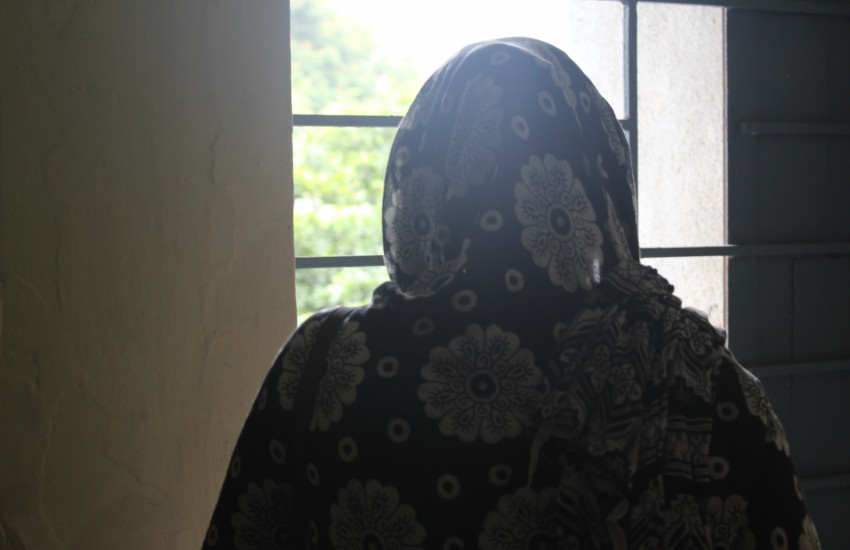
Trans women too face discrimination thanks to the law | Photo: The Stories of Change
The Supreme Court’s decision to reinstate Section 377 in 2013 caused real harm to India’s LGBTI community. Activists have said it spreads the stigma against LGBT people in the country. The law was cited in the arrest of 600 people in 2014 and over 1400 in 2015.
Pro-LGBT activists and HIV awareness campaigners have always been among those targeted. Police arrested Arif Jafar, founder of the Bharosa Trust, and several of his colleagues for 47 days in 2001. Officials found LGBTI literature, condoms, and dildos used for demonstrations as ‘evidence’ of their perversion.
In 2008, trans women in Mangaluru accused police of subjecting them to a six week-long harassment campaign, including stripping them naked and pressuring them into sexual acts.

